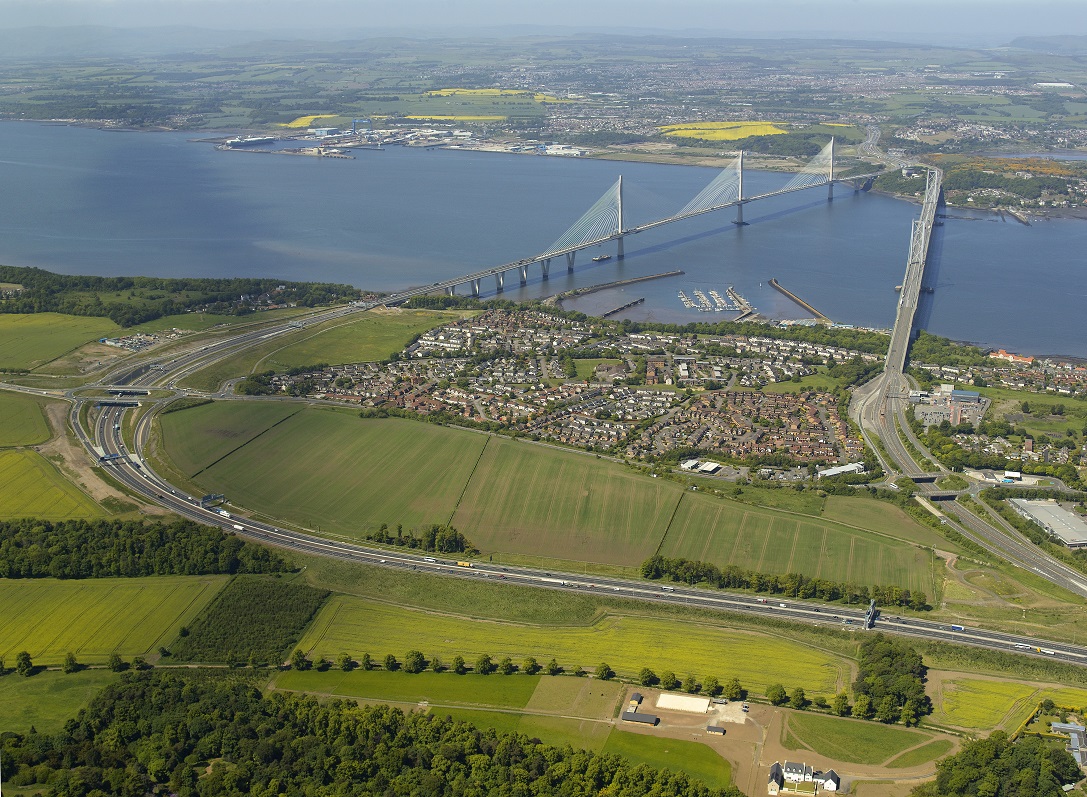Joint prosperity plan agreed for Lothians, Borders & Fife
Citizens, businesses, and organisations across South East Scotland have helped shape a major consultation on the region’s economic future.

The Regional Prosperity Framework highlights the need to tackle inequalities and climate change, and to prioritise well-being and quality of life alongside economic growth.
The consultation took place over the summer, with public, private and third sector organisations providing their views on issues including transport and housing, education and digital inclusion.
Garry Clark, Federation of Small Businesses development manager for the East of Scotland, said: “For small businesses across the Lothians, Fife and the Borders, the Regional Prosperity Framework represents an important touchstone for the collective economic ambition of the region. They will welcome the commitment to fostering and supporting business creation and growth and the recognition of the role that businesses play, not only in our economic prosperity, but also in social and community wellbeing.”
Cllr David Ross, Fife Council’s co-leader and Joint Committee chair for the Edinburgh and South East Scotland City Region Deal, said: “This document sets out long-term aspirations for the region and informs policy development for the next 20 years.
“It has been developed with input from public, private and third sector organisations and aims to address the region’s challenges and opportunities to make Edinburgh and South East Scotland a better place to live, work, study, visit and invest for current and future generations.
“It is focused on tackling the important and pressing challenges of climate change, sustainability, biodiversity loss, inequalities, health and well-being, job creation and achieving a net zero economy.”
The Framework focuses on addressing inequalities and the challenges of creating new jobs and businesses while enabling a transition to a net zero carbon economy.
It does this through a commitment to actions that will deliver a more prosperous, innovative and resilient regional economy.
Other plans include making employment, training and education more accessible through better connected and sustainable transport.
Data-Driven Innovation is also set to play a vital role in strengthening the region’s innovation ecosystem to support organisations, irrespective of where they are based. This will bring the region a step closer to becoming the data capital of Europe.
Another priority is creating ‘twenty-minute neighbourhoods’, where residents have closer access to everyday goods, services and amenities. These include seven sites at Blindwells, Edinburgh’s Waterfront, Dunfermline, Shawfair, Winchburgh, Calderwood and Tweedbank.
The Framework builds on, and widens, the partnerships developed through the City Region Deal, paving the way for further collaboration through regional economic plans with shared outcomes, responsibilities, and aligned priorities and resources.
City of Edinburgh Council leader Adam McVey added: “Edinburgh and South East Scotland is a central driver of the Scottish economy. It is essential that we use our economic success to deliver on our policies for fair work, provide opportunities to all citizens and communities and support people’s well-being. The Regional Prosperity Framework has been developed with input from public, private and third sector organisations and local communities and sets out our collective ambition to combine economic and social success with protecting the planet. We will work together as a region to meet that ambition.”









